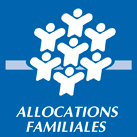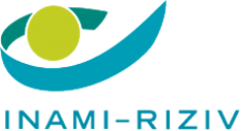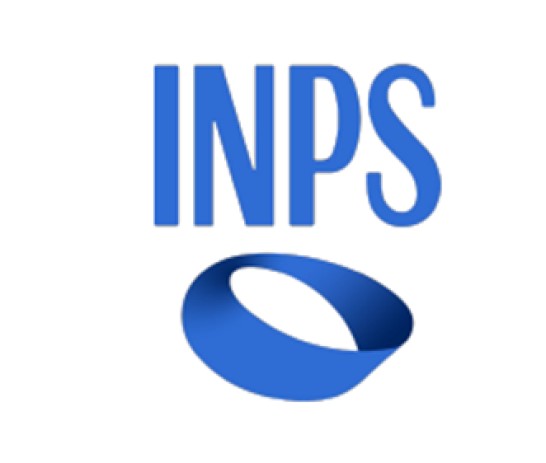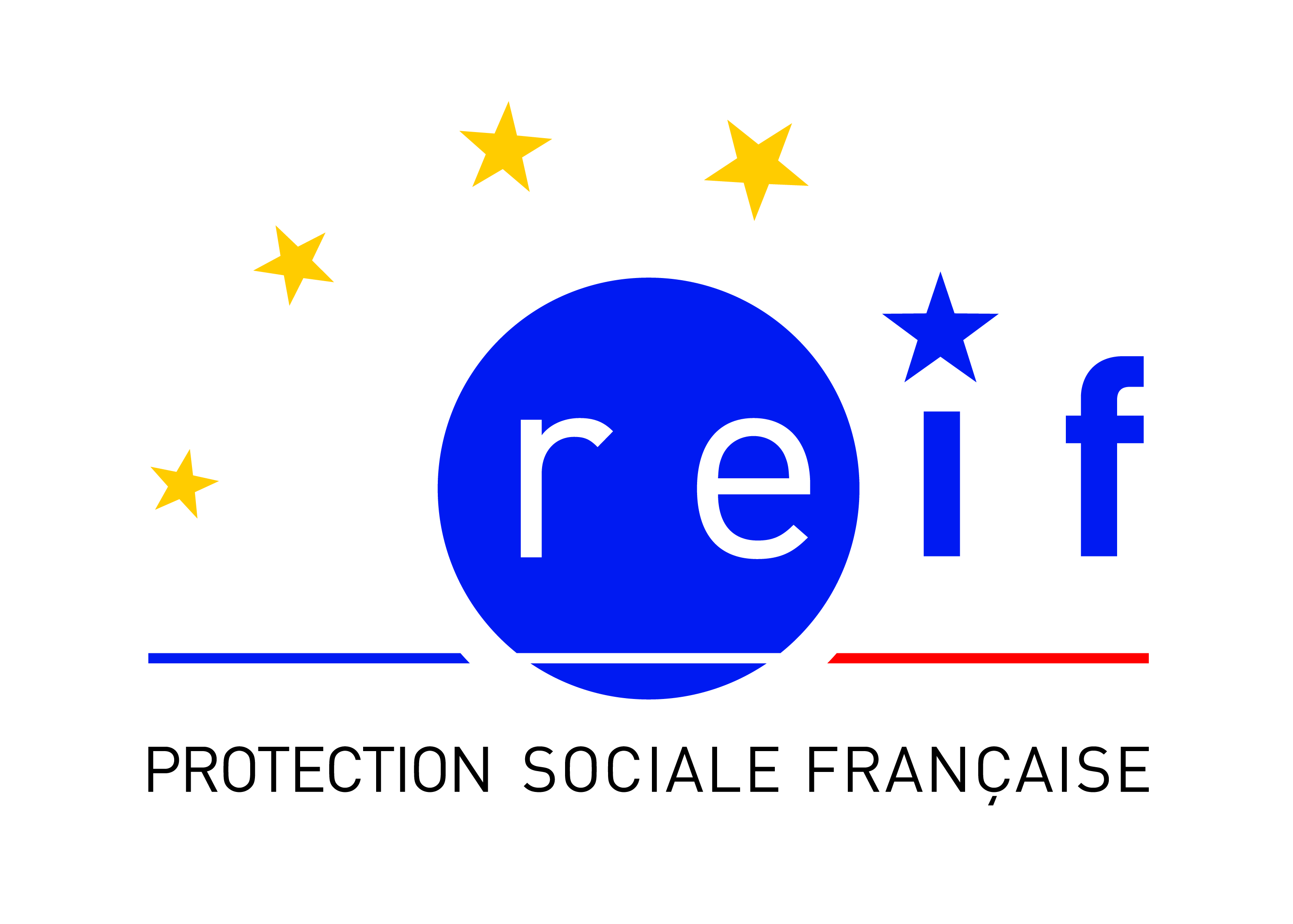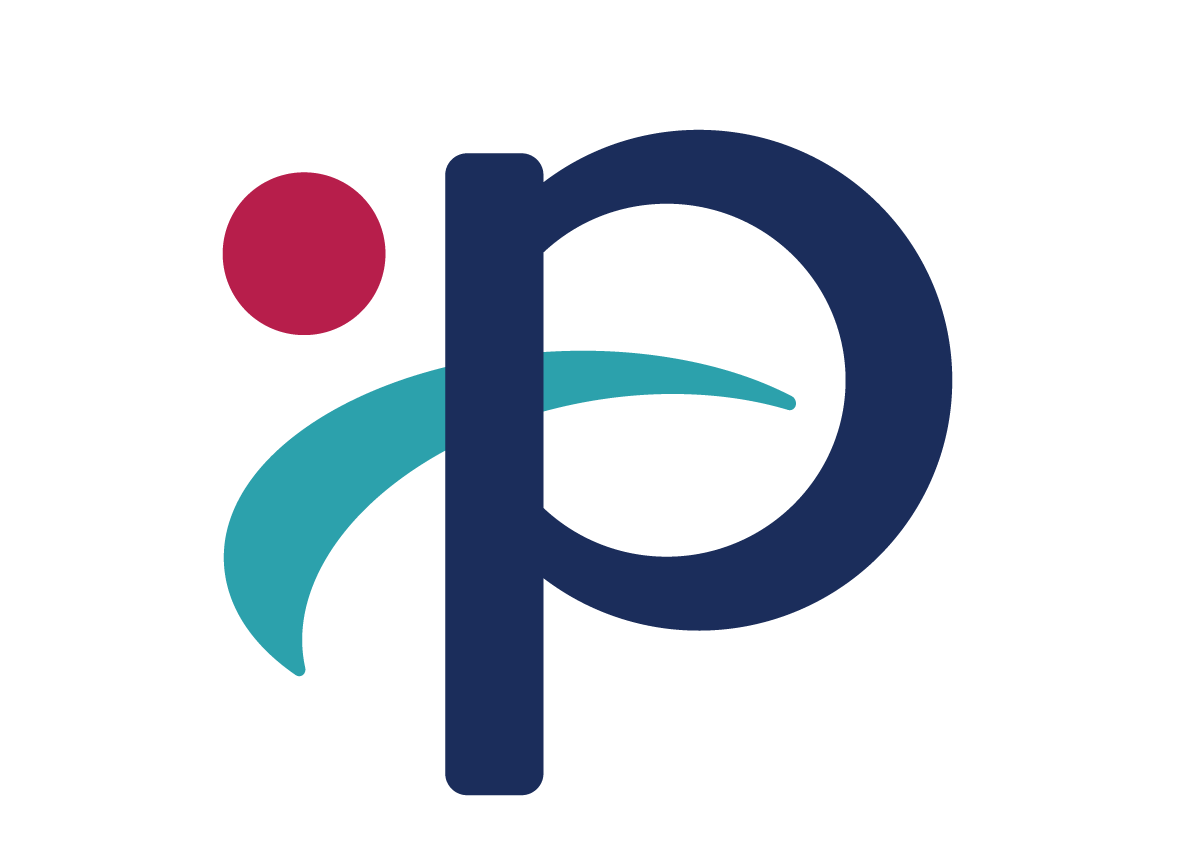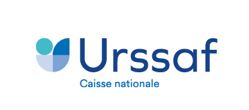News
Healthcare systems post-COVID: pressing reset? |
29-10-2020 |
BB
ESIP participates in a POLITICO panel on how to increase healthcare systems' sustainability
On October 28, Ilka Woelfle - ESIP's President - represented ESIP in a POLITICO panel discussion on Healthcare systems post-COVID 19: pressing reset? bringing to the table payers’ views on how to increase the sustainability of healthcare systems. The panel was also joined by representatives of healthcare professionals, patients as well as by Andrzej Rys, from the European Commission Directorate General for Health and Food Safety (DG SANTE).
Social security systems across Europe are under severe strain. Demographic ageing is increasing the demand for medical and long-term care, as well as public expenditure on pensions. On top of that, the COVID-19 pandemic is also increasing healthcare costs as well as expenditure on sickness and care allowances. In this regard, ESIP advocates for an ambitious EU4Health programme to support Member States in coping with current and future health challenges, with a view to increasing prevention, targeting research on public health priorities and supporting person-centered digitalisation. "GDPR-compliant digital health technologies can facilitate patients’ access to medicine and improve the overall sustainability of healthcare systems, by promoting the shift to prevention and self-care" – said Ilka Woelfle.
The Pharmaceutical Strategy was also discussed with Andrzej Rys, who announced the release of a preliminary impact assessment on the orphan and pediatric drugs legislation for public feedback in the next five weeks. In this regard, ESIP called for increased affordability of medicinal products. High prices are an obstacle to national reimbursement decisions, and accordingly they impact access to very expensive medicines for patients. ESIP called to ensure public return on public investment by making access to public money conditional to open data and transparent research and development costs. A framework for alternative incentives – beyond market exclusivity – is also crucial, especially with a view to public health priorities like antimicrobial resistance (AMR). Last but not least, Ilka Woelfle mentioned the importance of exchanging best practices on pricing & reimbursement.
Finally, panelists discussed the future of EU health competences. Andrzej Rys admitted that the scope of EU action on health is limited and ESIP argued that Member States' competences in the field of health should not be changed. Nonetheless, the EU has a crucial role to play in supporting cooperation among Member States and increasing preparedness for future health crises. This includes the creation of a European reserve of essential medicines, as well as the extension of the joint procurement mechanism also in non-pandemic contexts. ESIP's position on the EU health competences was also retweeted by POLITICO.
Find our more about ESIP views and watch the event here.










